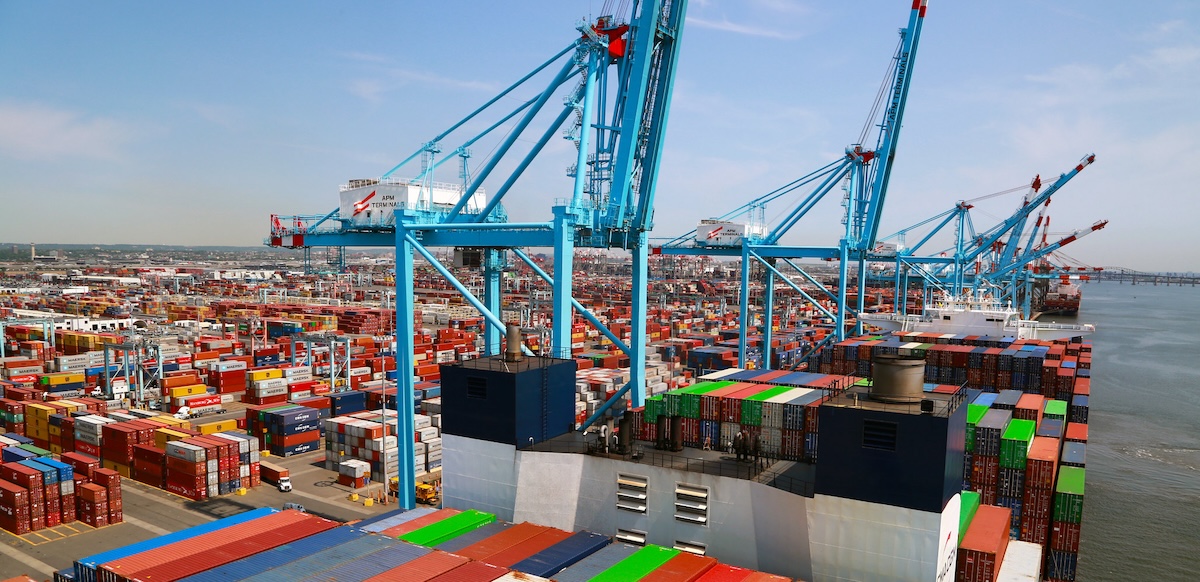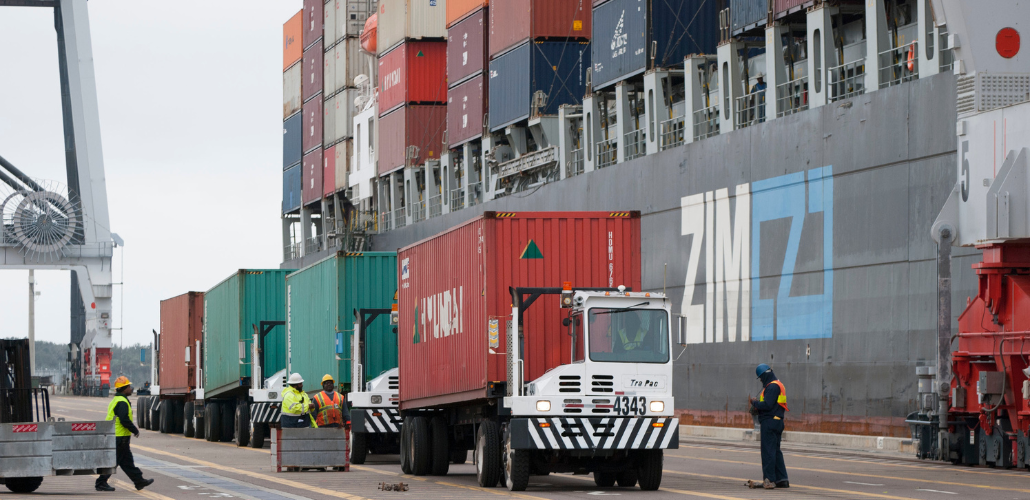Education unions just won a massive victory in the fight to bring collective bargaining rights to Virginia’s public sector. Workers at the Fairfax County Public Schools voted this week to unionize, creating a wall-to-wall union of 27,500 teachers, custodians, teaching assistants, bus drivers, and more.
The new bargaining unit is one of the largest K-12 unions on the East Coast, according to the National Education Association.
Fairfax County is in Northern Virginia, near Washington, D.C., and the Fairfax County school district is by far the largest in the state.










You must log in or register to post a comment.